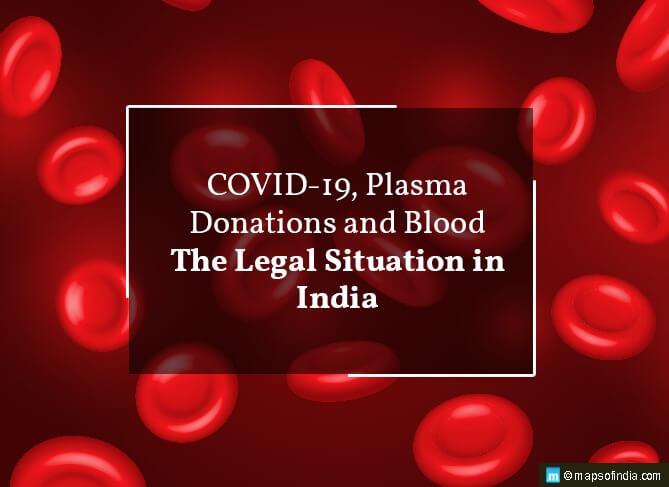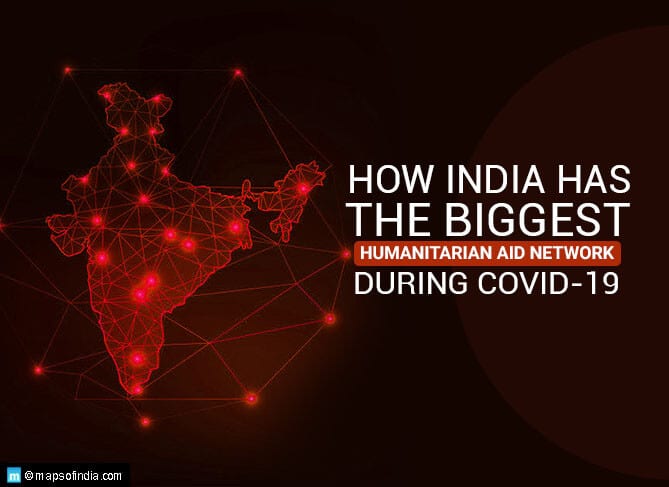

We have heard a lot about plasma treatments and the same is also encouraged by Delhi Chief Minister. How does plasma works is explained as – when people have the symptoms of any viral infections including Covid-19 in the present scenario, the affected person’s body immune system responds by creating antibodies, in the body, to counter-attack the virus and help in eliminating the same. These antibodies help you recover from the infection, even the COVID-19. Over a period these antibodies get accumulated, and further build-up to make you stronger. Plasma is the liquid part of the Blood. Hence the need for plasma and how the plasma helps is that the person who is affected by COVID and has recovered, implying his antibodies are strong to challenge COVID. The plasma of that person can be used to help others also, and the need for plasma donations and plasma donors also have mushroomed.
Background of Plasma
Plasma therapy is not a new phenomenon or a recent discovery. It’s quite old, as old as 1901, 119 years old maybe. The great German physiologist Emil von Behring had won Nobel Prize in 1901 for using plasma therapy to treat diphtheria. The same was also used during the Spanish Flu in 1918. In 1904, he founded the Behringwerke in Marburg, a company that became the producer of the antitoxins and vaccines. His name survived in the Dade Behring organization (now part of the Siemens Heathineers), in CSL Behring, a manufacturer of plasma-derived biotherapies, in Novartis Behring, and the Emil von Behring Prize of the University of Marburg, the highest endowed medicine award in Germany.
Is plasma sellable in India, what’s the legal position?
Though much comes in newspapers about hospitals and private places where plasmas are available, and people are charging hefty money also as mentioned in various newspaper reports. Let’s understand the legal scenario in India.
There are some laws and regulations which covers some related aspects:
National Blood Policy of 2007
Para 1.2 of the policy covers –Trading in Blood, i.e. Sale & purchase of Blood shall be prohibited.
Para 1.2.1 says – The practice of replacement donors shall be gradually phased out in a time-bound program to achieve 100% voluntary non-remunerated blood donation program.
Para 1.2.1.1 says – State/UT Blood Transfusion Councils shall develop an action plan to ensure phasing out of replacement donors.
Para 3.8 says – All blood centres shall adhere to bio-safety guidelines as provided in the Ministry of Health & Family Welfare manual ‘Hospital-acquired Infections:
Guidelines for Control’ and disposal of biohazardous waste as per the provisions of the existing Biomedical Wastes (Management & Handling) Rules – 1996 under the Environmental Protection Act – 1986.
Para 5.5 says – Blood and its components shall be prescribed only by a medical practitioner registered as per the provisions of Medical Council Act – 1956.
Supreme Court order on PIL filed in 1996
PIL covered – Public Interest Litigation under Article 32 of the Constitution the petitioner has highlighted the serious deficiencies and shortcomings in the matter of collection, storage, and supply of Blood through the various blood centers operating in the country and has prayed that an appropriate writ order or direction be issued directing the Union of India and the States and the Union Territories, who have all been impleaded as respondents in this petition, to ensure that proper positive and concrete steps in a time-bound program are immediately initiated for obviating the malpractices, malfunctioning, and inadequacies of the blood banks all over the country and to place before this Court a specific program of action aimed at overcoming the deficiencies in the operation of blood banks.
Supreme Court Judgment on the PIL
Supreme Court gave a very lengthy judgment, and the crux of the same is as under:
It had 15 points giving directions to centre and state governments, and some of them are as under-
- The Union Government shall take steps to establish a National Council of Blood Transfusion forthwith as a society registered under the Societies Registration Act.
- In consultation with the National Council, the State Governments/ Union Territory administration shall establish a State Council in each State/ Union Territory which shall be registered as a society under the Societies Registration Act.
- The Union Government and the Governments of the States and Union Territories should ensure that within the period of not more than one year, all blood banks operating in the country are duly licensed. If a blood bank is found ill-equipped for being licensed and remains unlicensed after the expiry of the period of one year, its operations should be rendered impossible through suitable legal action.
- The Union Government and the Governments of the States and Union Territories shall take steps to discourage the prevalent system of professional donors so that the network of professional donors is eliminated within not more than two years.
- The Union Government should consider the advisability of enacting separate legislation for regulating the collection, processing, storage, distribution, and transportation of Blood and the operation of the blood banks in the country.
These are just a jest of the supreme court directives.
Drugs and Cosmetics Act,1940
Another act also captures the definition of Blood. Blood is classified as a drug.
As per section-3 the term “drug” includes:
- All medicines for internal or external use of human beings or animals and all substances intended to be used for or in the diagnosis, treatment, mitigation or prevention of any disease or disorder in human beings or animals, including preparations applied on the human body to repel insects like mosquitoes;
- Such substances (other than food) intended to affect the structure or any function of the human body or intended to be used for the destruction of [vermin] or insects which cause disease in human beings or animals, as may be specified from time to time by the Central Government by notification in the Official Gazette;]
- All substances intended for use as components of a drug including empty gelatin capsules; and
- Such devices intended for internal or external use in the diagnosis, treatment, mitigation or prevention of disease or disorder in human beings or animals, as may be specified from time to time by the Central Government by notification in the Official Gazette, after consultation with the Board;
As per Section 27 of the act, read along with Section 18 of the act, any individuals dealing in or monetizing blood transfusions are violating and can face jail time of up to 2 years(max ten years )
Conclusion:
In India, there are various bodies like the MCI (Medical Council of India), National Blood Transfusion Council (NBTC), etc. which control all these. However, because of the gap in demand and supply in the current scenario, it does not seem that things are in control about plasma usage and demand.




